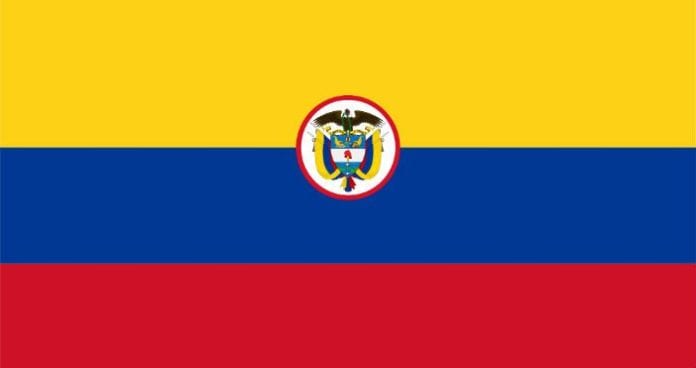Colombia’s Communications Regulation Commission announced a reduction in interconnection rates, the fees that telecom operators pay to connect with each other. ICT Minister Diego Molano Vega said the move is part of the government’s effort to promote competition and benefit consumers.
Between 2010 and 2014, prices paid by users fell by 19%. According to the CRC, the interconnection rate decreased 42% during the same time frame. The new regulation is valid until 2017, during which time interconnection rates between mobile operators will fall by 80%.
After the announcement, Movistar Colombia praised the CRC’s decision to implement the rate reduction for three years and emphasized that the government’s efforts to reduce this rate has benefited millions of Colombians since early 2013.
The company said that because of the rate reduction, mobile phone users have access to more competitive prices and the consumption of calls has increased. In addition, Movistar said the CRC should take a number of additional measures to control the concentration of the mobile market and prevent a similar situation in the mobile Internet segment.
TIM tries out VoLTE: TIM Brasil has conducted voice over LTE laboratory tests with Huawei. According to the Chinese network and telecom equipment-maker, TIM is the first carrier in South America to use this solution. TIM noted that its LTE indoor coverage must be improved and expanded, which should happen with the deployment of LTE in the 700 MHz.
Green light for Chile’s LTE spectrum awards: After a favorable court ruling, the government of Chile will continue the award process for the 700 MHz band for 4G-LTE deployment in the country. The mobile company Telestar had tried to invalidate the tender for the 700 MHz band, which previously awarded frequency blocks to Entel, Movistar and Claro.
New ministers in Brazil: Starting her second term as Brazil’s president, Dilma Rousseff named new ministers. Ricardo Berzoini will lead the Ministry of Communications, and Aldo Rebelo will head the Ministry of Science, Technology, and Innovation. To view the names of all the new ministers, check out this listing.
More Latin American news:
ECUADOR–The Ministry of Telecommunications expects to close 4G frequency negotiations with private operators before the end of January. Movistar and Claro are in advanced negotiations for license awards.
PERU–Movistar, which is owned by the Spanish group Telefónica, has reached almost 500,000 LTE customers. The carrier has an investment plan of $400 million to deploy its 4G network in the country.
BRAZIL–Vivo ended 2014 with LTE coverage in 13 cities and 140 municipalities, reaching about 80.5 million people.
ECUADOR–The Ministry of Telecommunications and Information Society plans to increase the country’s fiber optic network, jumping from about 35,000 km of infrastructure to 45,000 km by the end of 2017.
Wondering what’s going on in Latin America? Why don’t you follow me on Twitter? Also check out all of RCR Wireless News’ Latin American content.

